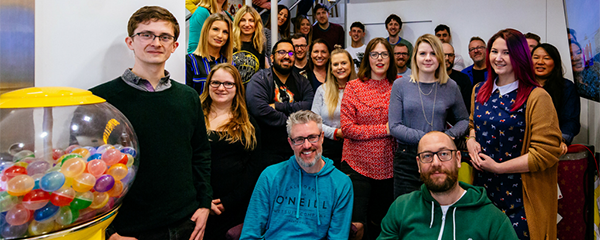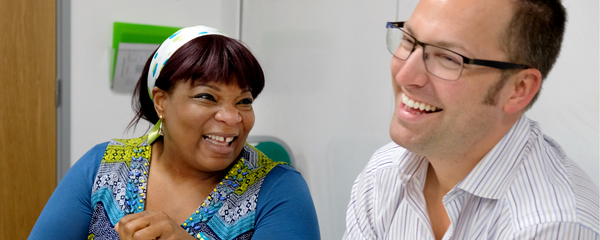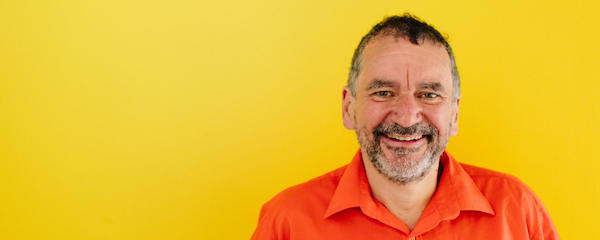
Supercharge Your Teamwork With Superengagement
What would life be like if your employees were so engaged that work didn’t feel like work?

Henry is founder and Chief Happiness Officer of Happy Ltd, originally set up as Happy Computers in 1987. Inspired by Ricardo Semler’s book Maverick, he has built a company which has won multiple awards for some of the best customer service in the country and being one of the UK’s best places to work.
Henry was listed in the Guru Radar of the Thinkers 50 list of the most influential management thinkers in the world. "He is one of the thinkers who we believe will shape the future of business," explained list compiler Stuart Crainer.
His first book, Relax, was published in 2009. His second book, the Happy Manifesto, was published in 2013 and was short-listed for Business Book of the Year.
You can find Henry on LinkedIn and follow @happyhenry on Twitter.

What would life be like if your employees were so engaged that work didn’t feel like work?
Why do you attend conferences, and what makes a great conference?

If you take 15 minutes to reflect at the end of the day, you can improve your productivity by 22.8%. That’s the conclusion of a study at Harvard Business School. Participants spent 15 minutes writing in a journal to embed their learning from the day, and produced these dramatic results.

Would the gender pay gap be less if salaries were transparent? The average woman at Happy is paid 1.1% more than the average man. I think that’s close enough to count as one of the 9% of companies that pay women and men roughly the same.
People management is a crucial role, and it is different from leadership.

In this two-minute video, Henry Stewart explains the financial evidence and academic research behind happy workplaces. The Best Workplaces have a Four Factor Alpha of 3.5% on the stock market, compared to ordinary workplaces. Plus, happy workplaces save lives – for every 96 deaths in a happy and engaged hospital, 103 people die in a hospital where staff are disengaged and unhappy.

In the summer of 1987 I wrote in my diary that I could never imagine being happy again. The newspaper I had helped set up, News on Sunday, was on the verge of collapse. Our 200 employees would lose their jobs and the backers would lose their investment. I felt totally crushed, and close to a breakdown. 30 years on, life feels rather different. Happy is a thriving business. We help people become more productive with their software and we help organisations to create happy, productive workplaces. It gives me a lift every time I walk into our colourful, friendly training centre.

Last month, I asked in my newsletter and on LinkedIn for your favourite business reads of 2017. Here is a selection from the responses I received.

As a manager, do you see your role as the expert, with responsibility for making key decisions? Do you find your people coming to you for those decisions, even when they know what to do?

I was honoured to be asked by Thinkers50 to contribute a letter to their Dear CEO book, published in July 2017. Here is my contribution.